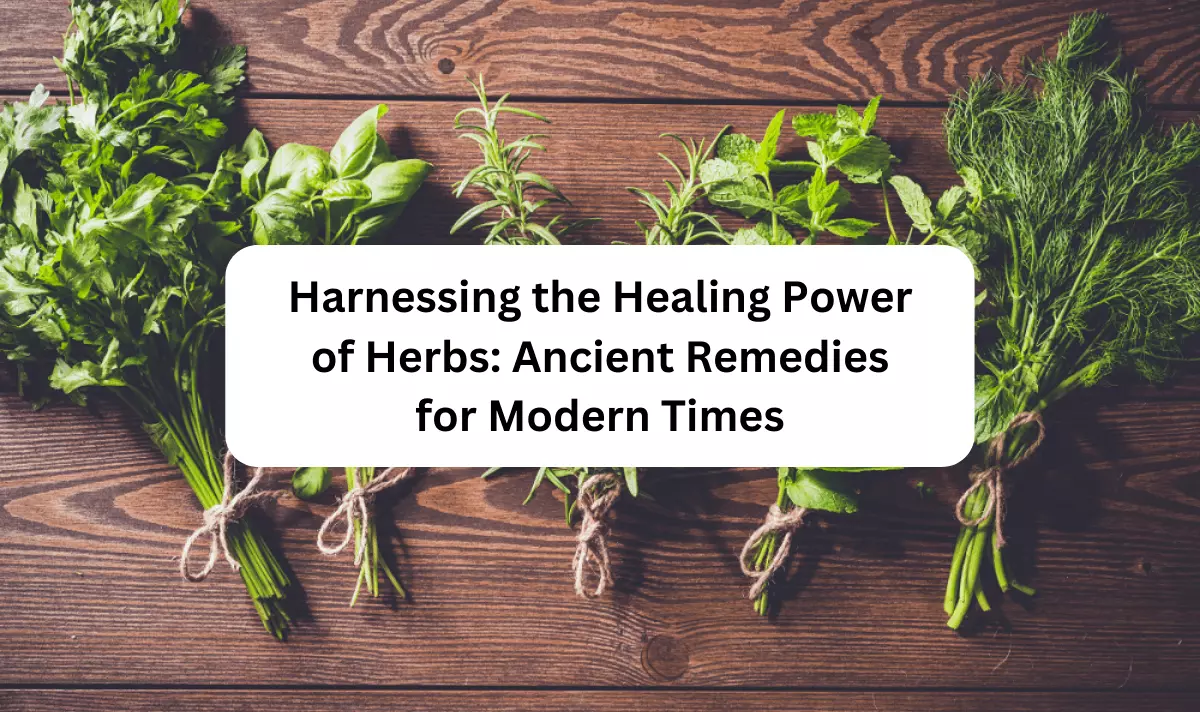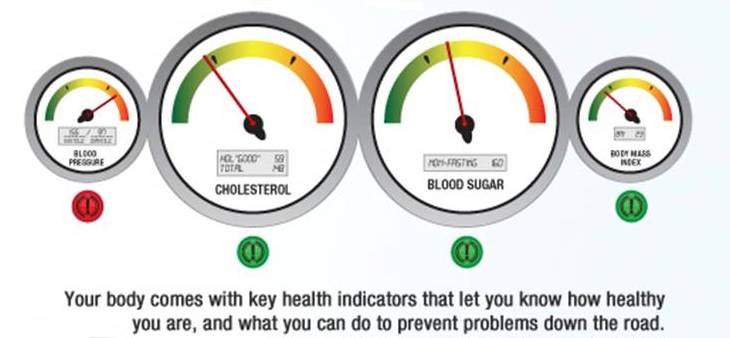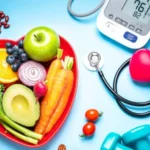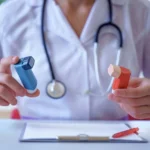The health benefits of dates are innumerable, and they have been known to be the best fruit ever since their cultivation began. These fruits provide a high level of nutrition and contain minerals, vitamins, protein, potassium, sodium, and fiber.
Dates are quite a healthy food. They have many health benefits that you can experience by including them in your daily diet. They can help in weight loss, improve digestion, and keep your heart healthy.

Being one of the oldest cultivated fruits, dates have proved to be one of the best fruits for human consumption. The following are some of the health benefits that can be obtained from consuming dates:
Healthy Bones
A glass of milk with two or three dates is considered as a healthy drink for bone development as it contains calcium and magnesium.
Relieves Constipation
Dates contain soluble fiber which helps in relieving constipation. It also helps in improving bowel movements by stimulating peristaltic motion.
Rich in Iron
Dates are rich in iron content which helps in preventing anemia (low red blood cell count), which is common among women during their menstrual cycle. It also helps in curing fatigue and weakness.
See Also: Buy Dates Online
Dates Contain Several Essential Nutrients
Dates contain a variety of vitamins, minerals, and fiber, with each serving containing roughly:
Calories: 277
Carbs: 75 grams
Fiber: 7 grams
Protein: 2 grams
Potassium: 20% of the RDI
Magnesium: 14% of the RDI
Copper: 18% of the RDI
Manganese: 15% of the RDI
Iron: 5% of the RDI
Vitamin B6: 12% of the RDI
Dates also contain small amounts of calcium, vitamin K and various B vitamins. They are also a rich source of minerals such as calcium, iron, phosphorus, sodium, potassium, magnesium, and zinc. They also contain Vitamins A1 (Thiamine), B1 (Riboflavin), B2 (Niacin), B3 (Nicotinic Acid), C (Ascorbic Acid), E (Tocopherol), and K.

Alina Smith is a health blog author with an interest in the intersection of wellness and mental health. She’s worked as a writer, editor, and communications specialist for various healthcare organizations. Alina has also led projects to improve access to care for underserved populations in both rural and urban settings.















